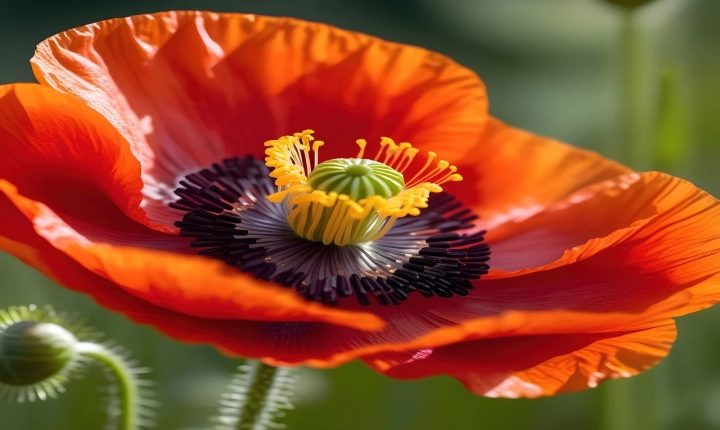Title: The Art of Storytelling: How AI is Redefining Creative Writing
Storytelling has been a fundamental part of human culture for millennia, serving as a means for communication, education, and entertainment. From ancient myths and oral traditions to modern novels and films, the art of crafting compelling narratives has continued to evolve with the advancement of technology. One of the most notable developments in recent years has been the emergence of artificial intelligence (AI) as a tool for generating original stories and narratives.
AI, powered by machine learning algorithms and natural language processing, has proven to be adept at emulating the creative process of human authors. By analyzing vast amounts of existing literature and data, AI models can learn the nuances of language, plot structures, and character development, allowing them to generate coherent and engaging stories. This capability has sparked widespread interest and debate about the potential impact of AI on the future of creative writing and storytelling.
One of the key advantages of AI-generated storytelling is its ability to produce content at an unprecedented speed and scale. While traditional authors may spend months or even years crafting a single novel, AI algorithms can churn out entire narratives in a matter of hours or even minutes. This efficiency has significant implications for content creation in various industries, including publishing, marketing, and entertainment, where the demand for high-quality and timely stories is ever-present.
Moreover, AI has the potential to democratize the creative writing process by providing a platform for aspiring authors to collaborate with intelligent algorithms. By leveraging AI as a co-author or creative partner, writers can benefit from the unique perspectives and ideas that emerge from the machine’s analysis of vast literary databases. This collaborative approach may lead to the discovery of new narrative structures, themes, and plot devices that could inspire and enrich human-authored storytelling.
However, the rise of AI-generated storytelling also raises important ethical and artistic questions. Critics argue that the proliferation of machine-generated content may devalue the artistic expression and individual voice of human authors. Additionally, concerns about copyright infringement and intellectual property rights have been brought to the forefront, as AI-generated narratives blur the line between original and derivative works.
Proponents of AI-generated storytelling, on the other hand, contend that the technology has the potential to enhance creativity and expand the boundaries of storytelling. By analyzing and synthesizing vast amounts of literary works, AI can offer fresh perspectives and innovative approaches to narrative construction that may inspire human authors and challenge traditional storytelling conventions.
As AI continues to advance, it is crucial to consider how its integration into the creative writing process will impact the way stories are conceived, crafted, and received. While AI-generated storytelling has the potential to revolutionize content creation and open up new avenues for creative collaboration, it is essential to ensure that the human element of storytelling remains at the forefront. Balancing the benefits of AI’s analytical and generative capabilities with the unique insights and emotional resonance of human storytelling is key to preserving the art and magic of the narrative craft in the digital age.
In conclusion, the intersection of AI and storytelling represents a frontier of innovation and creativity, offering both opportunities and challenges for the future of narrative expression. Whether AI will serve as a collaborator, competitor, or catalyst for human authors, its impact on the art of storytelling will undoubtedly shape the literary landscape for years to come. As technology continues to evolve, the balance between the art and science of storytelling will require thoughtful consideration and a deep appreciation for the enduring power of human imagination and creativity.
